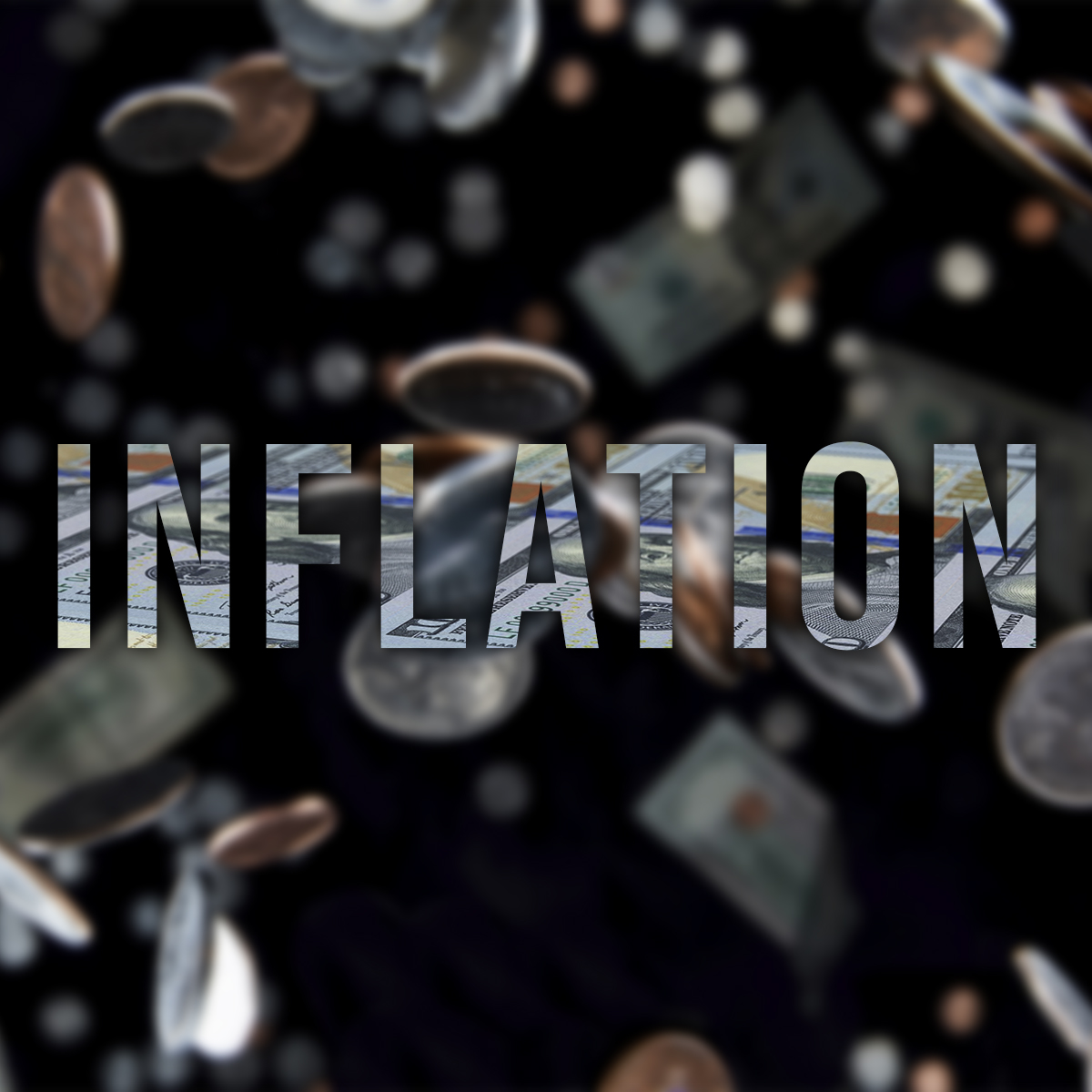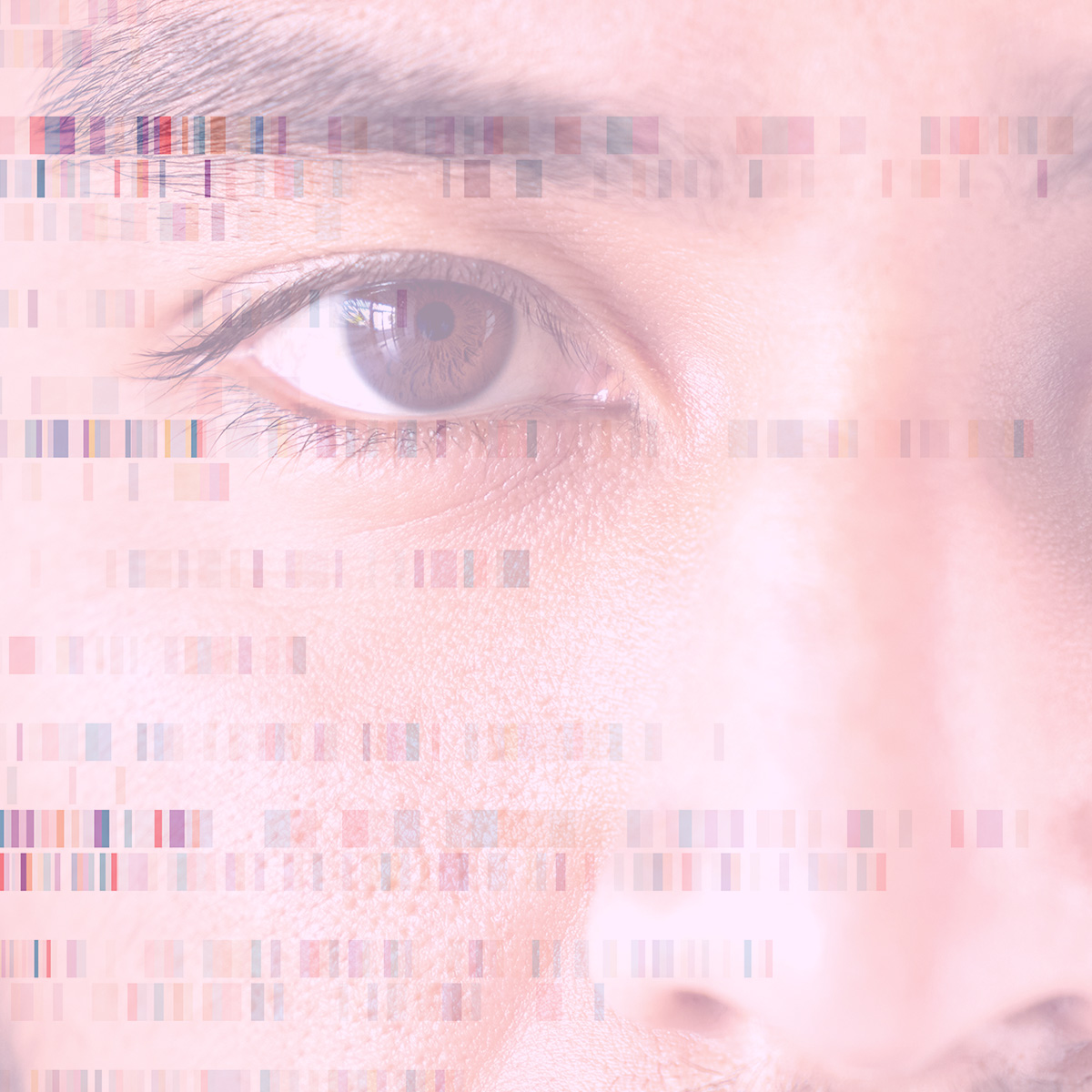-
Property & Casualty
Property & Casualty Overview

Property & Casualty
We offer a full range of reinsurance products and the expertise of our talented reinsurance team.
Expertise
Publication
Recycling of Large Lithium-Ion Batteries From a Property Insurance Perspective
Publication
The Future of Cryptography and the Rise of Quantum Computing
Publication
Personal Injury Compensation in Europe: An Updated Comparison Among Different Systems Within the European Market
Publication
Looks Like Inflation Is Sticking Around. What Do We Do Now? [Part 3 of 3]
Publication
Motor Insurance in the Post-Pandemic Era -
Life & Health
Life & Health Overview

Life & Health
Gen Re’s valuable insights and risk transfer solutions help clients improve their business results. With tailor-made reinsurance programs, clients can achieve their life & health risk management objectives.
UnderwritingTraining & Education
Publication
The Future Impacts on Mortality [Video]
Publication
Thinking Differently About Genetics and Insurance Business School
Business School
Publication
Fraud Survey in the UK & Ireland Sheds Light on Insurer Best Practices
Publication
Fight Against Fraudulent Claims – Highlights From Our South African Survey Moving The Dial On Mental Health
Moving The Dial On Mental Health -
Knowledge Center
Knowledge Center Overview

Knowledge Center
Our global experts share their insights on insurance industry topics.
Trending Topics -
About Us
About Us OverviewCorporate Information

Meet Gen Re
Gen Re delivers reinsurance solutions to the Life & Health and Property & Casualty insurance industries.
- Careers Careers
Generation Z and Insurance – What Brings Stability in Life? On the Hunt for Guidelines, Role Models and Anchor Points [Video]

August 25, 2021
Friedrich Müller
Region: Germany
English
Deutsch
In our anniversary year, Gen Re has chosen to focus on a range of topics that are going to become increasingly important to the insurance industry over the next few years. One of these is the coming of age of Generation Z (i.e., people currently aged 18 to 25).
Through our study, entitled “Generation Z – What Brings Stability in Life?”, we wanted to find out what best describes the reality of life for Generation Z? What gives them stability and security? And how do they deal with insurance? To answer these questions, we enlisted the help of the renowned rheingold institute in Cologne to carry out comprehensive psychological interviews with young people throughout Germany. Conducted in April 2021, a summary of some of the most interesting findings from the survey are presented below.
Living Between Omnipotence and Powerlessness
The multitude of options in our present-day culture is culminating in Gen Z. On the one hand, they promise enormous possibility for the young generation; the diverse development opportunities of a globalised world are open to them. The constant availability of endless ways and means of accessing information, contacting people, making purchases and flirting creates a sense of omnipotence and “The world at my fingertips.”
At the same time, the diversity of boundless opportunities can quickly tip the scales toward overload and a loss of orientation. The future seems uncertain and under threat in light of the constant developments, changes and crises in the world. Young adults worry that making “wrong” decisions will cause them to lose other important opportunities; all the options only appear to stay open in the “in between.”
Gen Z is also feeling the weight of society’s expectation to overcome present and future challenges, such as sustainability, climate change, social responsibility, equality, the elimination of racism, and many others. In order to solve these challenges, Gen Z is on the hunt for guidelines, role models and anchor points that promise guidance and help them make the “right” decisions.
Within the overarching development topics and challenges discussed by Gen Z, our study identified four different mindsets (or types) that differ in terms of how they deal with stability and security and how they plan their lives:
- “No-nonsense hedgers” who commit to a clear life plan quickly and tune out all other options
- “Autonomous financial managers” who appear self-assertive and make skilful use of career and financial opportunities
- “Focused stage players” who are always focused on the immediately understandable future and plan their lives in consecutive stages
- “Flexible life artists” who are highly adaptable, open to change and manage their numerous opportunities with playful ease
The restrictions resulting from the coronavirus pandemic have been a particularly tough pill to swallow for Gen Z, from the lack of special life experiences (proms, foreign travel, etc.) to the increasing difficulty of entering education, training or the workplace. This has affected Gen Z particularly acutely and has shaken their basic confidence in the reliability of the lifestyles they have known so far.
How Gen Z Views Insurers
All respondents answered that dealing with insurers ranged from unpleasant to aversive, as it brings up highly unsettling subjects, especially their own vulnerability or even mortality. In this phase of life, dealing with risks and dangers that need to be insured against is a stressful experience.
Additionally, there are more barriers between Gen Z and insurers: the respondents found insurance to generally be non-transparent, difficult to comprehend and untrustworthy. The intentions and interests of providers are met with scepticism and mistrust, and the intermediary (broker or agent) focused on closing the deal is off-putting.
Gen Z does not feel prepared to be able to judge what provider, products and contractual terms to choose. Some insurance products are seen as unattractive or simply unsuitable for the needs of young people as they presume a traditional, linear course of life (e.g., Disability insurance).
However, these reservations and tendencies toward avoidance stand in contrast to a strong desire for security and protection, which has been further escalated by the coronavirus pandemic.
What Gen Z Expects From Insurers
In future, Gen Z wants insurers to start seeing themselves as bastions of trust and as allies in the struggle to overcome global challenges. The key factors in building trust are communication on an equal footing, transparent general conditions, personalised solutions and a high degree of flexibility. As insurance companies reorient themselves, they will be judged on how strongly they commit to positive activities and engagements, and how well they catch up to and include Gen Z in terms of social issues.
The needs of the four different types of Gen Zers differ with regard to the actual design of products, touch points and advice. The “no-nonsense hedgers” will most likely continue to make use of current insurance products and communication channels. They want an insurance agent or broker to be a trustworthy advisor who offers guidance and takes them under his or her wing.
In contrast, the other three types are calling for a significantly stronger transformation of insurance companies and products, in varying magnitudes:
- They are looking for allies against the global challenges (climate change, etc.) and want insurers to make their common goals, values and positions clear.
- Insurance products should be flexible and tailored more closely to the various requirements and needs over the course of a life.
- They expect quality customer service in the form of excellent availability and quick, unbureaucratic communication channels (via apps, chat, video calls, etc.).
Conclusion
Insurers must increase their credibility, attractiveness and relevance in the eyes of Gen Z. Four key points stand out:
- Individuality and flexibility are of great significance as they play a major role in shaping the reality of our present. Fast communication and the option to make flexible, need-based adjustments to products in response to changing life circumstances are very important to Gen Z.
- Gen Z seeks trustworthy partners who treat them as equals and are transparent and driven by values.
- Some Gen Zers even want to share a vision and a common endeavour to solve global problems.
- Contemporary imagery and forms of address are expected in communication (e.g., diverse, less distanced and less formal), although the context of insurance still has to retain its air of sincerity (e.g., by reflecting a youthful outlook). The main communication challenge here is to maintain a balance between watering down the severity of the topic (strokes of fate, etc.) and being sufficiently sincere and credible.
Overall, Gen Z expects insurers to begin seeing themselves more as companions and enablers against the challenges that life poses – to individuals and the planet.
Watch the following video to hear Ulrich Pasdika, Member of the Executive Board of General Reinsurance AG, discussing some of the key findings with Stephan Grünewald and Nanda Dukat from the rheingold institute.
This article provides just a brief overview of the key findings from the study. If you would like to discuss the research in more detail, please don’t hesitate to get in touch.
We mentioned that the study was carried out exclusively in Germany. Although it is highly likely that aspects of the results can also be observed in other countries, it goes without saying that the cultural and socio-economic context is of crucial significance to each individual’s reality in Gen Z.



